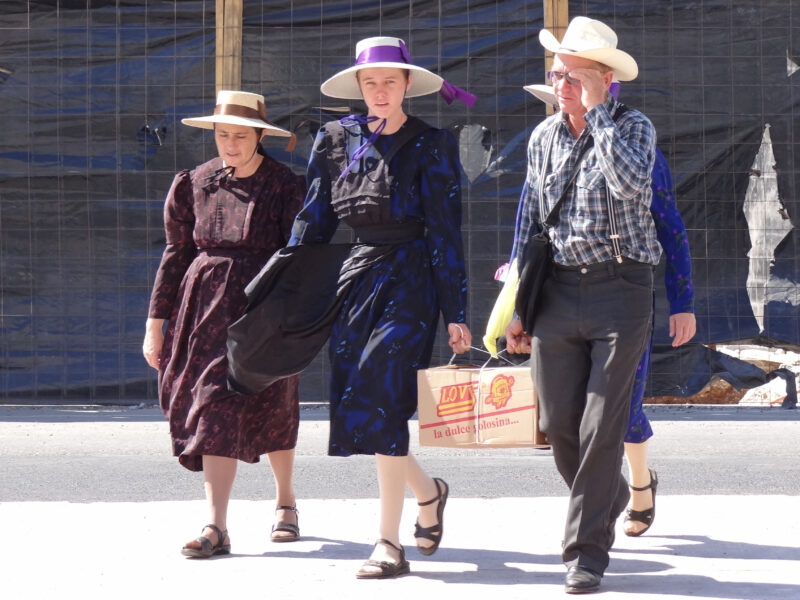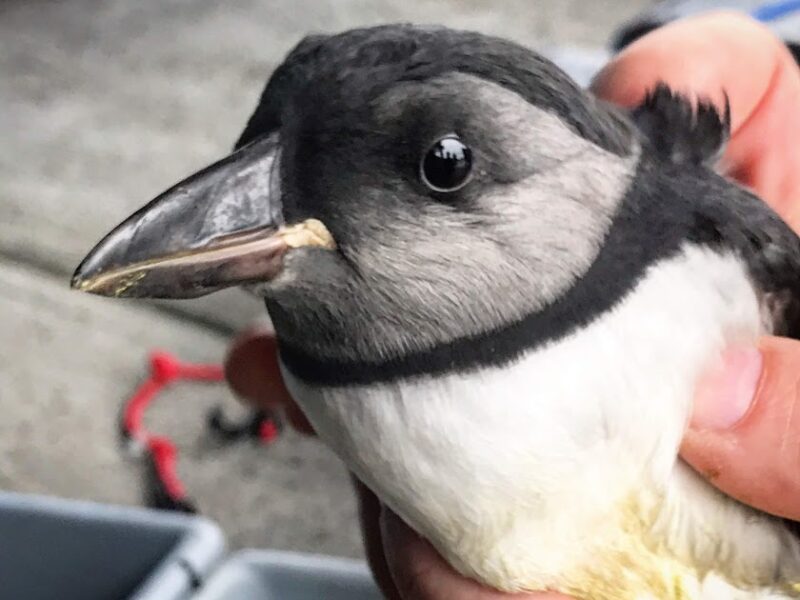With the news earlier this week that the Canadian government issued a travel advisory over the emergence of the Oropouche virus on top of its warnings about mpox, zika, dengue fever and chikungunya, it’s enough to make you want to stay home.
Also known as sloth fever, the virus is transmitted by mosquito and midge bites and is spreading rapidly in parts of the Caribbean, most notably Cuba which is popular with Canadian travellers. It’s also prevalent in Central and South America. It causes symptoms like sudden fever and muscle aches and while most people recover, it can have serious side effects like encephalitis. Unfortunately, because the symptoms resemble other diseases, it is often misdiagnosed.
“We live in a changing world where diseases spread by insects are affecting more people than ever,” Vincent Hsu, MD, infectious disease specialist and infection control officer for AdventHealth, told Health.
Hsu added that because Oropouche virus is only acquired from visiting affected areas, the only time you are at risk is when you travel to an area where the virus is circulating.
There is no cure or vaccine for the disease so the only medical advice is to stay away, something that is especially recommended for pregnant women, or to take precautions to avoid insect bites like using repellent, sleeping under mosquito netting, wearing suitable protective clothing or staying away from places where insects are abundant.
That’s also good advice for avoiding dengue fever, another debilitating mosquito-transmitted disease which has been spreading its range in recent years, most notably in parts of Florida, another travel destination that is popular with Canadian visitors.
Avoiding mosquitos will also help you reduce the odds of contracting zika, chikayaga and, closer to home, the West Nile Virus.
As for that other virus that has fallen out of the headlines, mpox, formerly known as monkey pox, it is seeing an uptick in some popular tourist spots like Bali in Indonesia. It is mostly contracted by close contact with an affected individual, especially via sexual contact.
While we’re talking viruses, don’t forget about cholera, typhus, yellow fever or that little thing known as COVID-19 that’s still a going concern.
Should you even be travelling if you have COVID? The Centres for Disease Control’s current advice is that if you have COVID symptoms, which include fever, chills, fatigue, a cough, a runny nose, body aches and a headache, you should delay or cancel your trip. They advise waiting at least 24 hours after you are fever-free and your overall symptoms are improving before travelling anywhere to avoid potentially spreading the disease to others.


